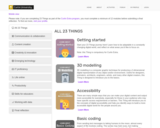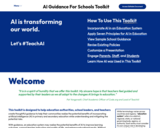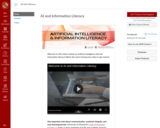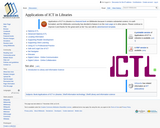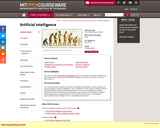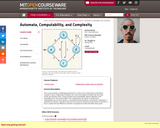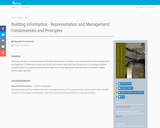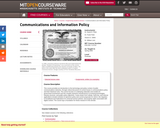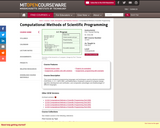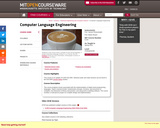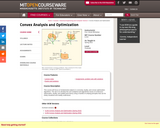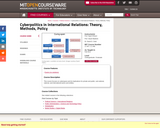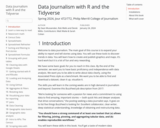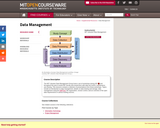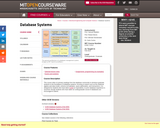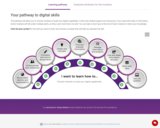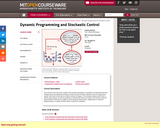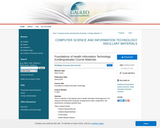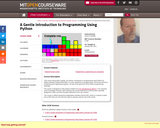This toolkit is designed to help education authorities, school leaders, and teachers create thoughtful guidance to help their communities realize the potential benefits of incorporating artificial intelligence (AI) in primary and secondary education while understanding and mitigating the potential risks.
With guidance, an education system may realize the potential benefits of AI to improve learning outcomes, support teacher instruction and quality of life, and enhance educational equity. Without guidance, teachers and students can be exposed to privacy violations, inconsistent disciplinary consequences, and counterproductive AI adoption practices.
TeachAI brings together education leaders and technology experts to assist governments and education authorities in teaching with and about AI. The initiative is led by the TeachAI Steering Committee: Code.org, ETS, the International Society for Technology in Education, Khan Academy, and the World Economic Forum, and advised by a diverse group of 60+ organizations, governments, and individuals. TeachAI’s goals include increasing awareness, building community and capacity, and guiding policy.
Authors:
Pat Yongpradit, Pam Vachatimanont, and Charlotte Dungan, Code.org
Keith Krueger and Pete Just, Consortium for School Networking (CoSN)
Pati Ruiz, Digital Promise
Beth Havinga, European EdTech Alliance
Alix Gallagher and Benjamin Cottingham, Policy Analysis for California Education (PACE)
Jim Larimore, Strategic Advisor
AI Guidance for Schools Toolkit © 2023 by Code.org, CoSN, Digital Promise, European EdTech Alliance, and PACE is licensed under CC BY-NC-SA 4.0 . This work is licensed under a Creative Commons Attribution-NonCommercial-ShareAlike 4.0 International License.
